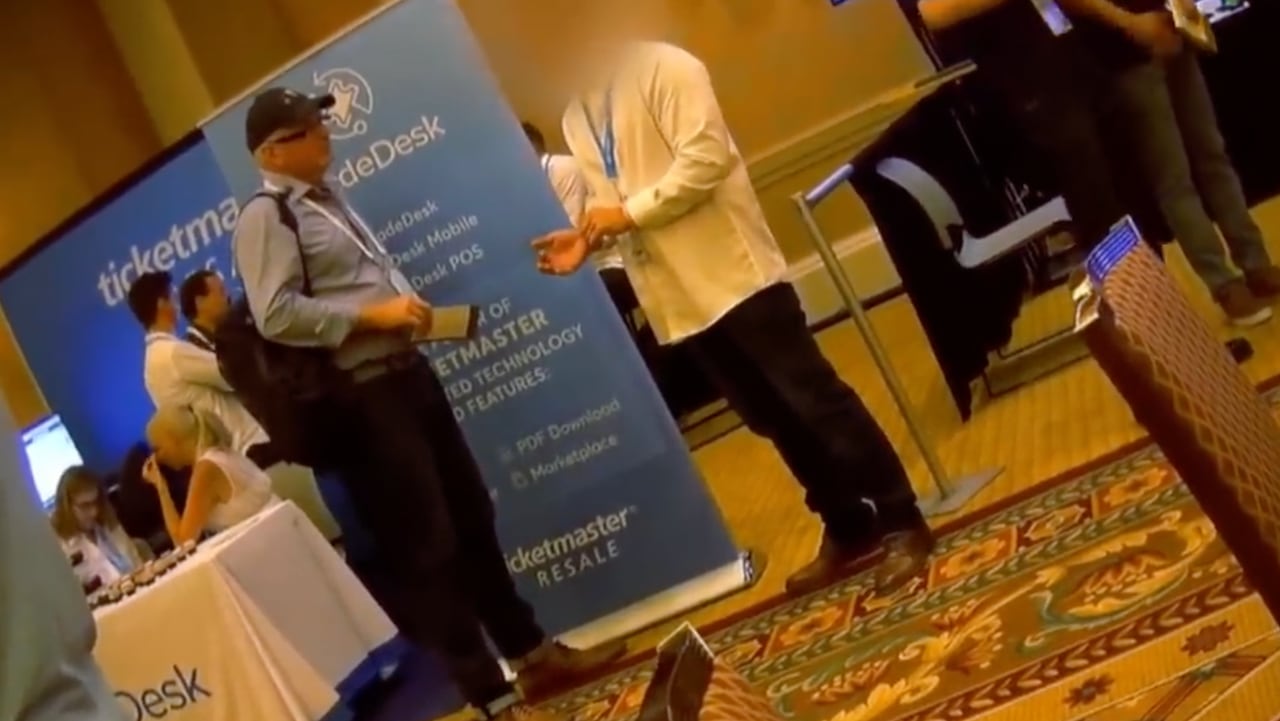Miss something this week? Don’t panic. CBC’s Marketplace rounds up the consumer and health news you need.
Want this in your inbox? Get the Marketplace newsletter every Friday.
We analyzed 200 cancer and autism videos on TikTok and found the majority contain misinformation
TikTok is flooded with videos promising miracle treatments for autism and cancer, but how many are true? Marketplace investigated 200 health videos on the platform and found misinformation is not only widespread, it’s thriving.
TikTok has become a go-to source for health advice for millions of people. But when you search for treatments for cancer and autism, the vast majority of the videos first served to you feature those that are not supported by science, a new test by Marketplace has found.
Marketplace journalists analyzed 100 videos discussing cancer treatments and another 100 for autism therapies. We found that at least 80 per cent of the remedies in the videos — totalling more than 75 million views — weren’t supported by scientific evidence.
Many of these clips get traction because they are grounded in compelling personal stories, says Tim Caulfield, a health misinformation researcher.
“Testimonials, anecdotes, stories — probably the number one way that unproven therapies are pushed on social media,” he says. “We’re wired to listen to stories and to be compelled by stories.”
Marketplace searched TikTok for cancer videos using the search terms “cancer cure” and “cancer treatment,” and for autism videos using the terms “autism cure,” “autism treatment” and “autism.” Starting with the most viewed, we chose 100 each that featured a treatment or cure.
The creators of the videos Marketplace reviewed were often not medical doctors or professionals in the field, instead ranging from parents of children with autism to people who claimed they beat cancer using the treatments they’re promoting. Meanwhile, several clips were created by accounts that potentially earned money from their alleged treatments.
Read more from Marketplace journalists Dexter McMillan, Madeline McNair, and Asha Tomlinson.
- Watch “Investigating Dr. TikTok” Friday night at 8 p.m. (8:30 in N.L.) on CBC Television, YouTube and CBC Gem.
Ticketmaster vows crackdown on scalper accounts that buy up most tickets

Ticketmaster, the world’s largest online box office, is promising for the first time to crack down on industrial-scale scalpers to bar them from using hundreds — sometimes thousands — of fake Ticketmaster accounts to buy up and resell tickets for concerts, theatre and sporting events.
The move, announced in a letter to U.S. lawmakers late last week, comes after the U.S. Federal Trade Commission filed a lawsuit in September. The multimillion-dollar suit accuses Ticketmaster and its parent company, LiveNation, of “illegal ticket resale tactics” and “deceiving artists and consumers about price and ticket limits.”
The letter’s details were first published by Billboard, the American music and entertainment magazine.
For years, fans trying to log on to the Ticketmaster website to buy their allotted maximum of four or six tickets to see their favourite artists have cursed at the inability to buy face-value seats directly from the box office, watching as scalpers and resellers scoop up most tickets for popular events, only to post them on resale websites at huge markups.
The FTC acknowledges its suit is based in large part on revelations from a 2018 CBC News/Toronto Star investigation, in which reporters went undercover posing as “ticket brokers” and exposed how Ticketmaster recruited mass scalpers and knowingly let them use hundreds of fake accounts to circumvent ticket-buying limits.
Ticketmaster calls the FTC lawsuit “a distorted view of the facts and the law” and plans to challenge the claims in court, yet acknowledges that “ticket brokers” using fake names, bogus IP addresses and bots to maintain large numbers of fake ticket-buying accounts has become industry standard.
”That ticket brokers have been allowed to maintain multiple accounts is true; calling that conspiracy is specious,” wrote Daniel M. Wall, executive vice-president of corporate and regulatory affairs at Live Nation in an Oct. 17 letter to U.S. senators Marsha Blackburn and Ben Ray Luján, who have been leading a bipartisan campaign for fairer ticket sales in the U.S.
Read more from the CBC’s Dave Seglins.
Routine oil change turns into highway hazard after Canadian Tire uses plastic zip ties for repair, says driver

Travis Jones says what should have been a routine oil change at Canadian Tire turned into a terrifying highway emergency after staff used plastic zip ties to secure a critical part of his car — marking the start of a two-year fight for answers.
He says as soon as he left his local Canadian Tire in Clarenville, N.L., in May 2023, he knew there was a problem with his 2017 Honda Civic. Jones says his car began shaking violently, making a roaring noise and struggling to reach highway speeds.
“It was like the car was being dragged backward,” he told Go Public. “I was frightened to my near death. I was losing control of my vehicle and I was on the highway with other motorists and there was a transport truck right behind me.”
Jones brought the car right back to Canadian Tire.
It turns out, several bolts were missing from the engine splash shield — a plate that protects fragile parts under the car and is often removed during oil changes. Some shields are plastic, but Jones’s was metal and he believed it had likely been dragging under the car.
But instead of replacing the bolts, the staff used plastic zip ties to hold the shield in place. Jones says they didn’t mention this until he asked — initially saying only that the problem had been fixed.
Canadian Tire’s head office says that its locations are independently owned and operated, and its response is based only on information provided by that local dealer, which referred any questions to headquarters.
Asked why the bolts were missing, Canadian Tire told Go Public the metal shield came off after the bolts “failed” — something the company says can happen when they are repeatedly removed and replaced during regular maintenance.
The retailer also said that location didn’t have the proper replacement bolts, so it used a “short-term temporary solution.”
Read more from the CBC Go Public’s Rosa Marchitelli.
What else is going on?
Liberals announce plan for national financial crime agency targeting online scams
Canadians lost an estimated $643 million to fraud in 2024, according to the Canadian Anti-Fraud Centre.
Canada’s annual inflation rate rose to 2.4% in September as grocery prices keep creeping up
Economists were projecting a rate of 2.2 per cent
Text messages about Rogers class action lawsuit not a scam
A Quebec court authorized the class action related to a major Rogers network outage from 2021
Marketplace needs your help!

We’re on the look out for your phone scam experiences. Have you fallen victim to a sophisticated scammer? If you’re willing to share your story, email us at [email protected].

How have you been impacted by high food costs? Have you been getting the nutrition you need, or cutting corners to stretch your dollar? Marketplace is looking for folks who may be willing to share their stories on camera. Write to us at [email protected].
Catch up on past episodes of Marketplace on CBC Gem.
www.cbc.ca (Article Sourced Website)
#Investigating #TikTok #Ticketmaster #vows #crackdown #scalper #accounts #CBCs #Marketplace #cheat #sheet #CBC #News

